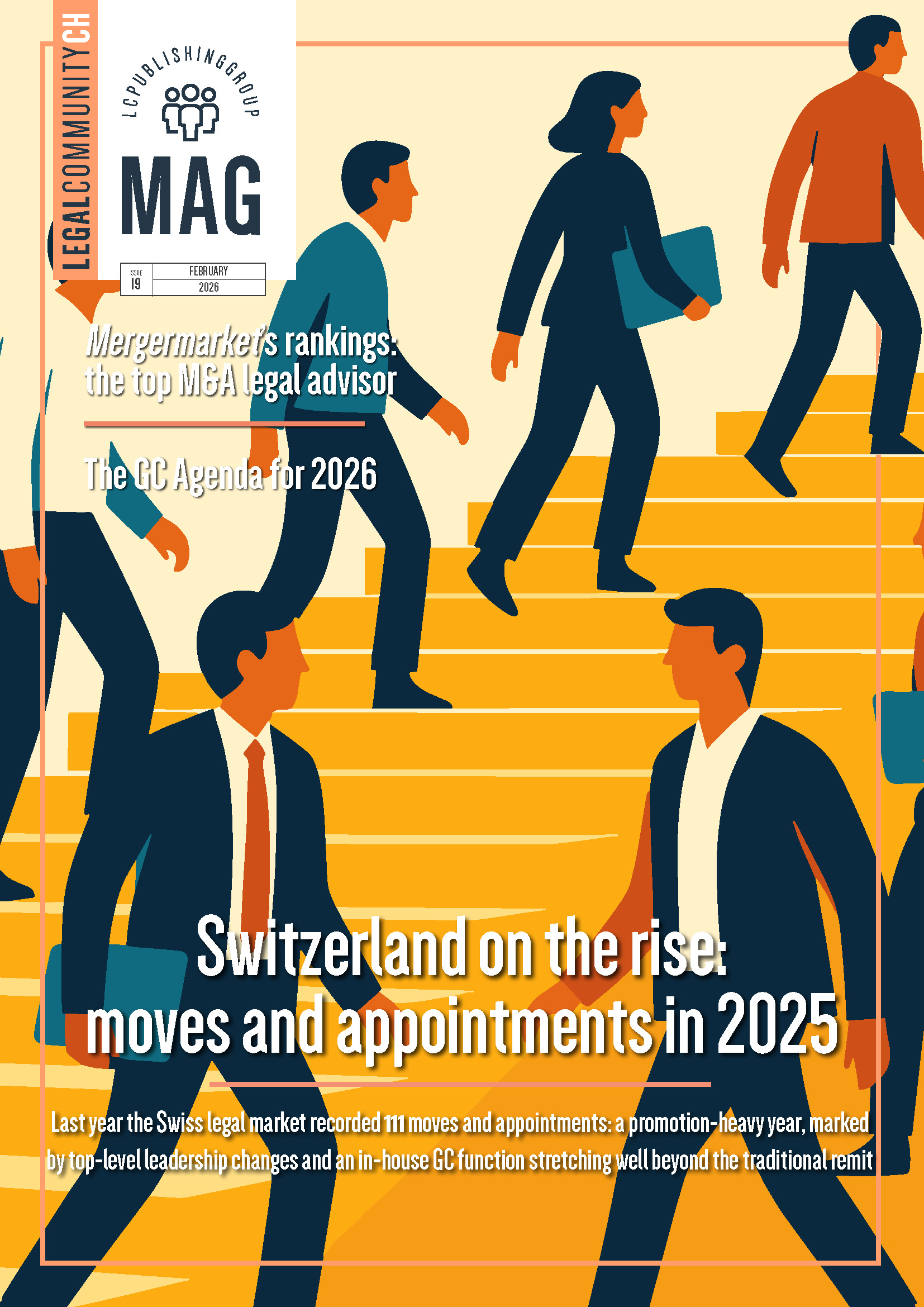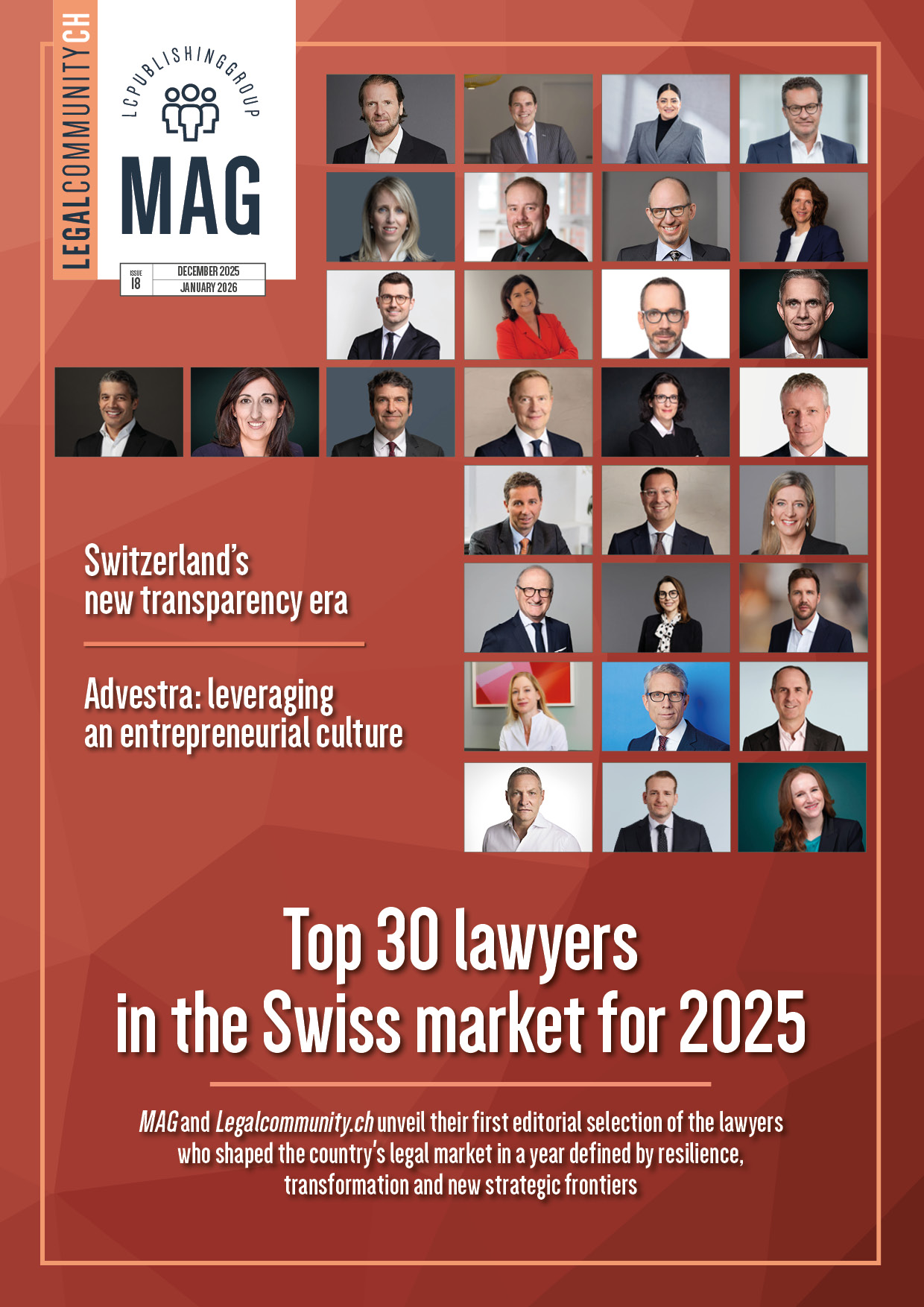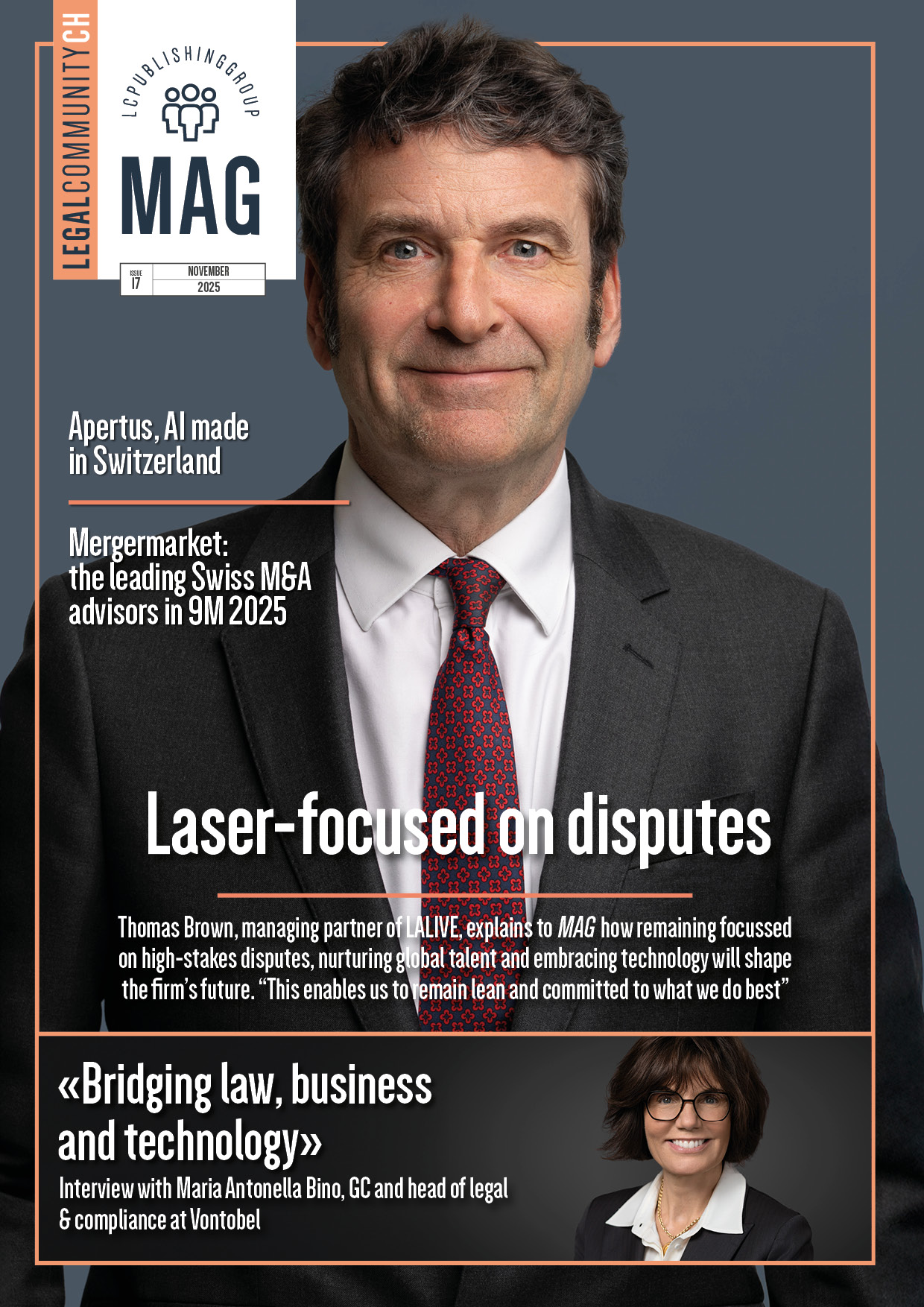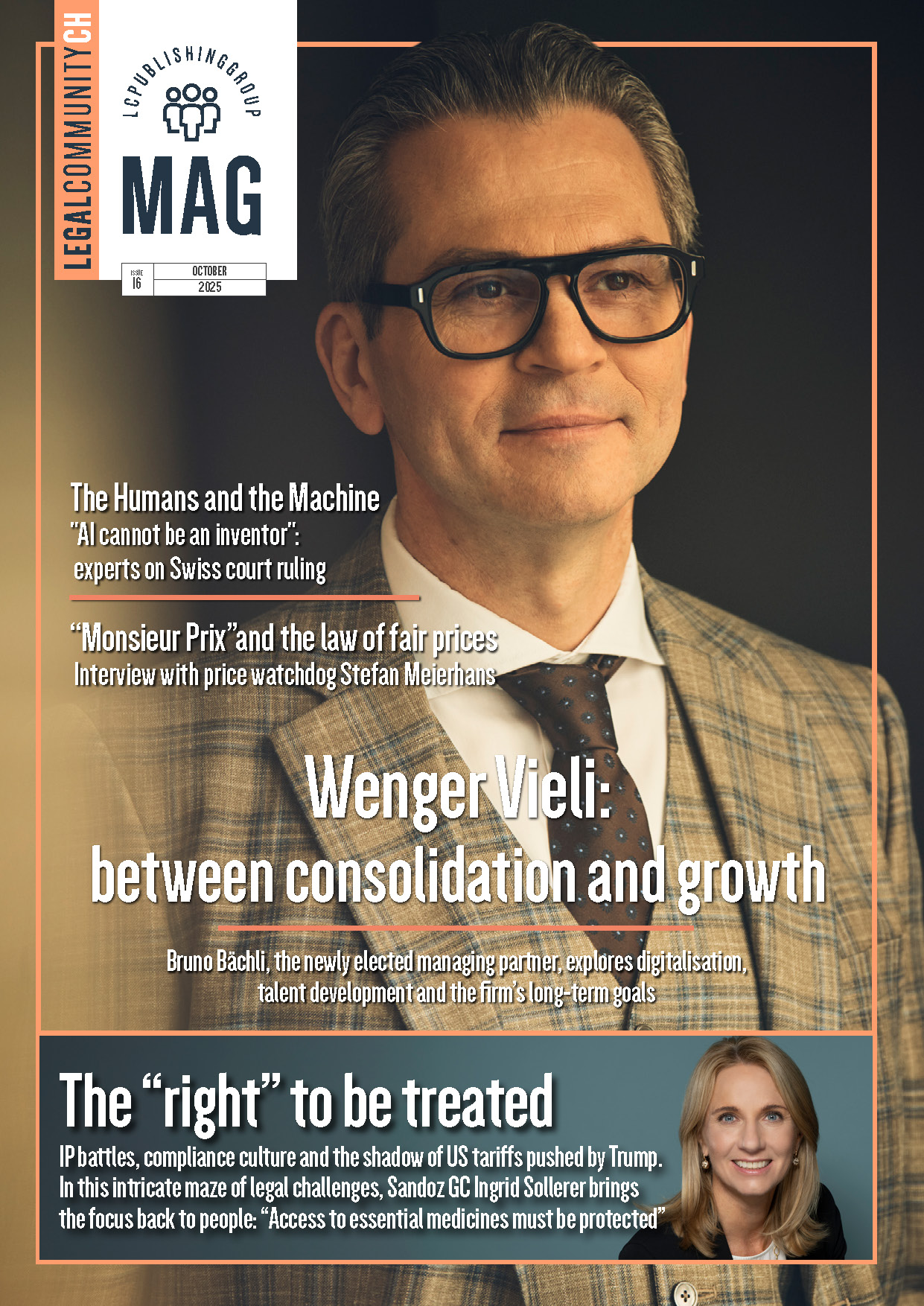Exploring Fairness in International Arbitration: Highlights from the Italian Arbitration Day
The international arbitration community recently converged in Milan for the second edition of the Italian Arbitration Day (IAD), organized by the Milan Arbitration Chamber (CAM) and the Italian Arbitration Association (AIA). The event brought together approximately 200 professionals, experts, academics, corporate lawyers, and attorneys from 15 different countries. This year’s focus was on the crucial concept of fairness in international arbitration.

Stefano Azzali, General Director of the Milan Arbitration Chamber, highlighted the significance of Milan as an economic and financial hub, emphasizing that arbitration speaks the language of businesses. He noted the growing trust in arbitration, with an 8.4% increase in arbitration applications at CAM over three years and a 20% surge in international arbitration applications in just a few months. Azzali emphasized that the recent arbitration regulatory reform plays a pivotal role in increasing international operators’ confidence in choosing Italy as a favorable venue for arbitration proceedings.

One of the notable features of this edition was the innovative “reverse debate” format, moderated by Michael Mcilwrath and Michael Polkinghorne, where speakers posed questions to the audience, aiming to establish common ground among experts in both common law and civil law jurisdictions regarding the practical applications of fairness. Throughout the event, phrases like “fairness is fundamental” “difference between fairness and due process”, “arbitrators must show courage and spine”, “how robust are arbitrators with the element of procedure?” and “we are looking for finality” resonated with participants.
Event speakers included: Toby Landau, Emilia Onyema, Mohamed Abdel Wahab, Yas Banifatemi, Pedro Arcoverde, Erica Stein, Giuditta Cordero-Moss, Herbert Kronke, Juan Fernandez–Armesto and Luca Radicati.

Erica Stein, representing the IBA Arbitration Committee, commented on the vagueness and subjectivity of the fairness concept and its dependence on facts & circumstances of each case. She highlighted how fairness is influenced by individual subjective views and how some arbitrators come to international arbitration with their national hats on. Stein also stressed the importance of establishing objective standards and noted that parties should feel comfortable relying on these standards.
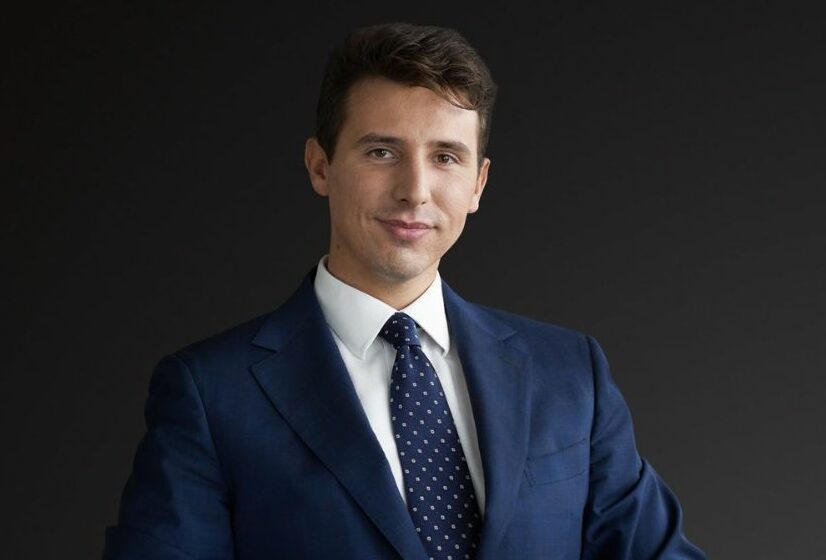
Acting as Media Partner, Legalcommunity had the opportunity to speak with Pietro Meineri, an Associate at Swiss law firm Homburger, who shared his insights on the event and its implications for Swiss-based practitioners.
Meineri highlighted the significant presence of Swiss lawyers and professionals at the Italian Arbitration Day, attributing it to the close ties between Italy and Switzerland, particularly in the arbitration sphere. He observed a growing openness within the Italian arbitration community to positive exchanges with other legal systems, while foreign practitioners are increasingly interested in the developments of arbitration in Italy.
Discussing the notion of fairness accounting for different cultural backgrounds, Meineri expressed appreciation for the debate’s recognition of the challenges in defining fairness. He highlighted Switzerland’s advantage in this regard, as its practitioners encompass a wide range of cultural, linguistic, and educational backgrounds, providing a solid foundation for a nuanced approach to fairness.
The correlation between efficiency and fairness emerged as a core issue during the conference. Meineri noted the potential risk of inefficiency if fairness becomes a tool to attain desired outcomes at the expense of expedience. He emphasized the need for a balanced approach, where efficiency is an essential component of the overall fairness equation. Meineri stressed that while the arbitral tribunal’s wisdom and experience play a crucial role in finding this balance, counsel teams should also be mindful that fairness should not be invoked indiscriminately to prolong proceedings or seek unwarranted advantages.

The issue of transparency in maintaining procedural fairness was discussed with another one of the event attendees, Chiraz Abid, a lawyer specializing in Construction and Arbitration at ADVANT Altana and a Lecturer of Arbitration Law at L’EFB. Abid emphasized the importance of arbitrators revealing conflicts of interest promptly and the publication of awards to promote transparency. She also suggested issuing guidelines and organizing workshops to stress the rule of transparency within the community of practitioners.
The second edition of the Italian Arbitration Day showcased the ongoing efforts to establish common standards and promote transparency in the field, emphasizing the importance of fairness.









